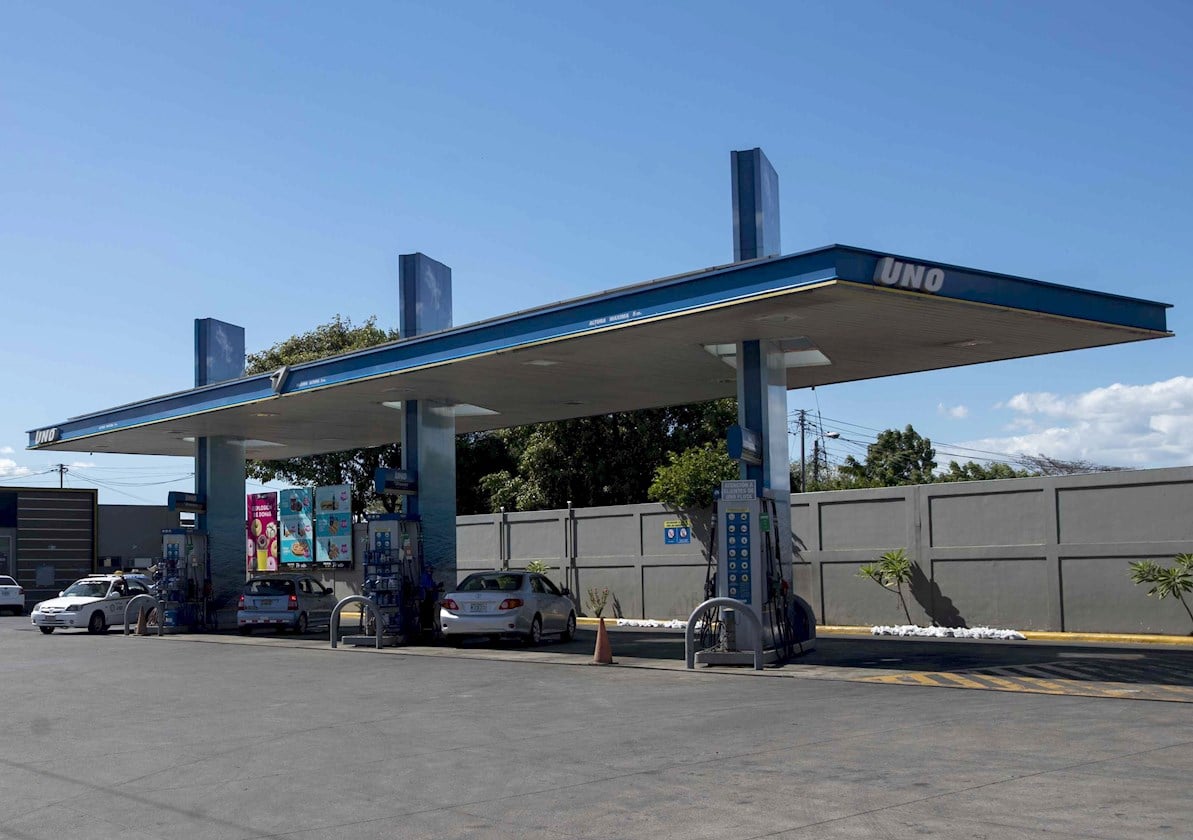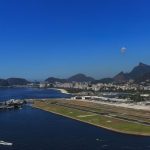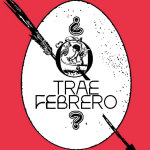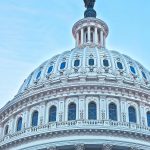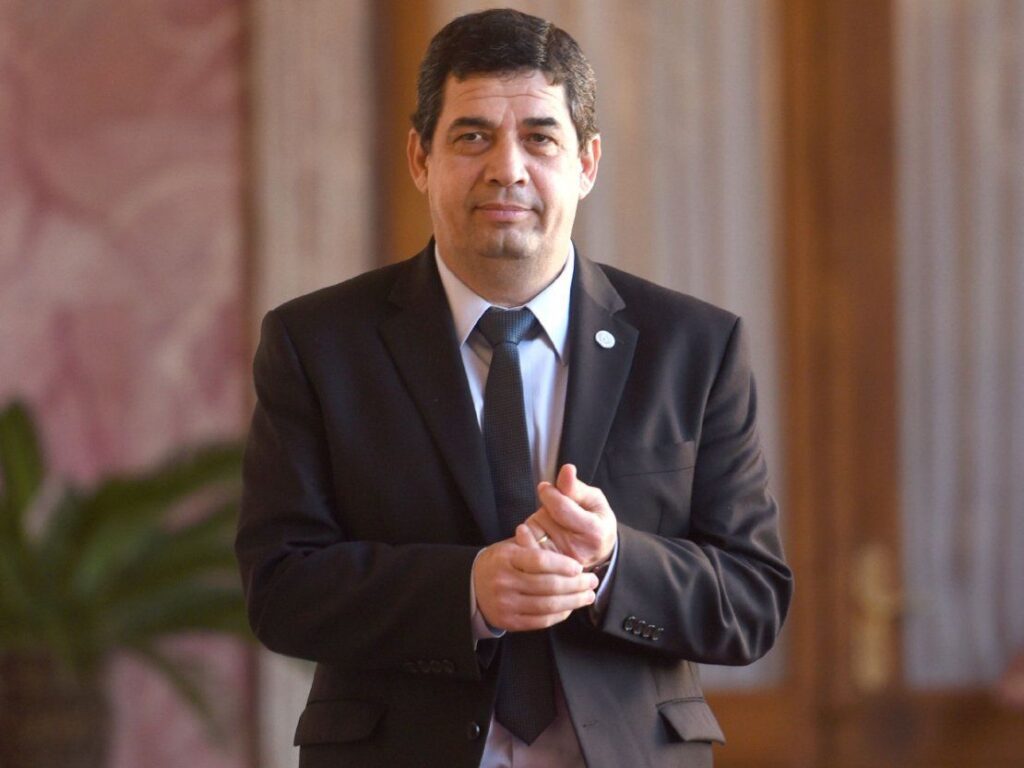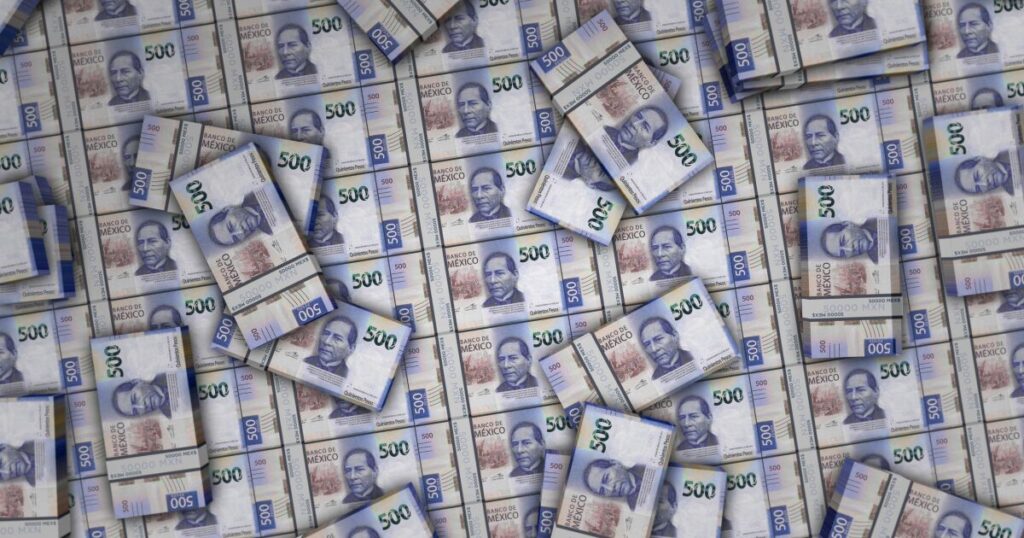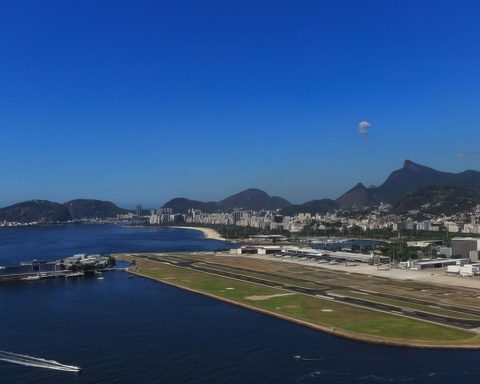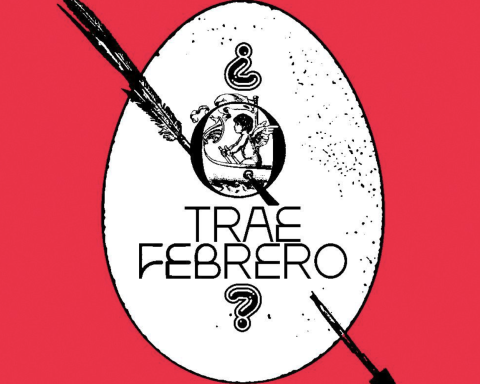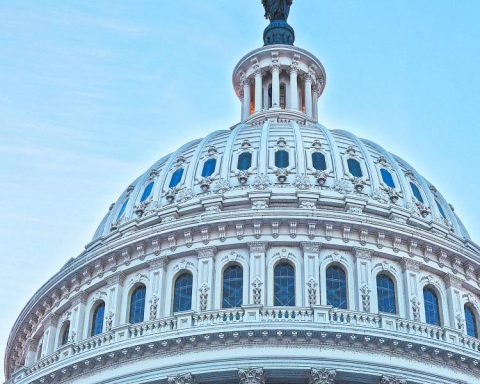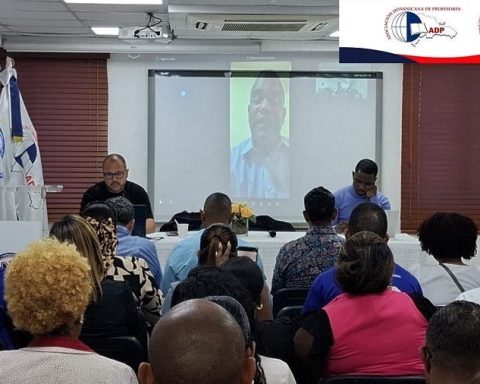The Ministry of Energy and Mines and the Nicaraguan Institute of Energy reported this Friday that the price of fuel and liquefied gas in Nicaragua will remain frozen for the twelfth consecutive week, according to a provision of the Government of Daniel Ortega.
“According to international fuel prices, for the following week (from June 26 to July 2, 2022) the price of super gasoline should increase by C$ 48.92 per gallon, regular gasoline by C$ 30.69 and the diesel at C$ 44.57”, they describe.
Therefore, the price of fuels will remain 185.35 cordobas per gallon of super gasoline and regular in 180.96 cordobaswhile that of diesel in 163.54 cordobayes
In the case of liquefied petroleum gas, the main fuel used for food preparation, its price will remain in the presentations of 10, 25 and 100 pounds, which, according to the Consumer Defense Institute (INDEC), is C$180 for the smallest cylinder, C$436 for the 25-pounder and C$2004 for the largest.
“Our Government of Reconciliation and National Unity will henceforth continue to permanently monitor the behavior of international prices and the rest of the variables that make up the price of fuels, and the corresponding actions and measures will be taken to mitigate the impact of the increase in these prices in the economy of Nicaraguan families”, they assured in a press release.
Last May, Ortega revealed that maintaining the one-week fuel subsidy meant the country four million dollars and this cost would have increased since then, exceeding USD 48 million by June 2022.
Millionaire loan for fuel subsidy
The Ortega government has not made it clear what mechanisms are being applied to continue subsidizing increases in international oil prices, what is the origin of those funds, and what programs are being affected.
On May 18, Ortega spoke about a readjustment in the General Budget of the Republic to concentrate “resources” to ensure that fuel, gas, electricity and water do not increase. The details of where this savings policy has been applied are unknown.
“Four million, five million, six million dollars are needed every week to keep (fuel) frozen, and thank God so far that (saving) policy has worked,” said the president.
This Wednesday, June 22, the regime authorized the Ministry of Finance and Public Credit to sign a loan for 200 million dollars to cover the fuel subsidy. This line of credit had been offered by the Central American Bank for Economic Integration (CABEI), which allocated an additional loan of USD 800 million for all the member countries of the region.
“The current increase in oil prices adds to the negative effects that the covid-19 pandemic generated in the economy, misaligning global supply and demand through the interruption of supply chains,” said the president. CABEI executive, Dante Mossi.
According to the bank, each CABEI member country has a credit line of 200 million dollars, however, this could “increase depending on the participation of external sources of resources according to their respective guidelines.”
